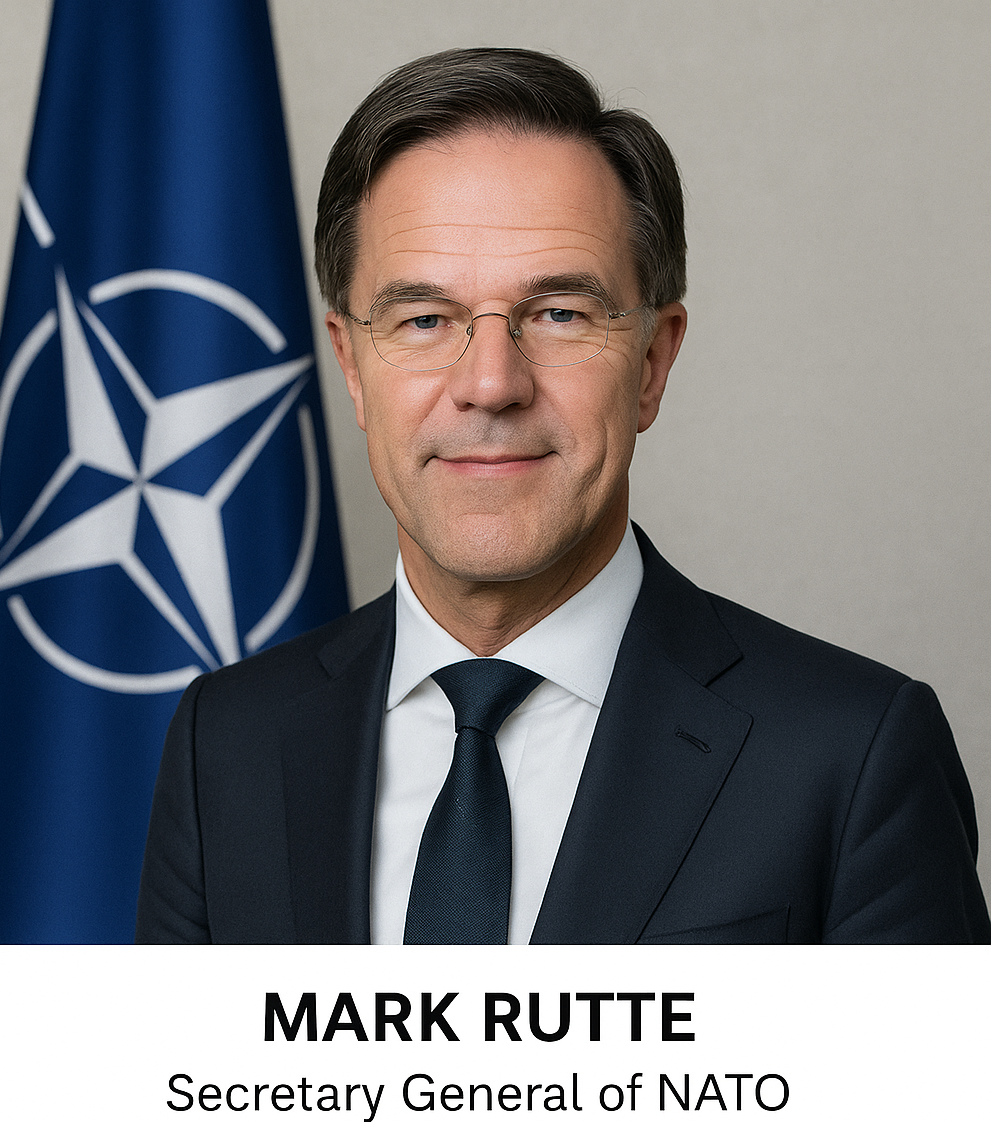India is once again at the crossroads of global geopolitics as mounting international pressure builds to stop importing oil from Russia. NATO Secretary-General Mark Rutte has urged India, China, and Brazil to exert pressure on Russia to end the war in Ukraine—or risk facing American sanctions.
Rutte’s warning comes in the wake of a stern statement by U.S. President Donald Trump, who said that if no peace agreement is reached within the next 50 days, Russia would face severe tariffs. Trump specifically warned that nations importing oil from Russia could be subjected to a 100 percent tariff.
“India, China, and Brazil must call Putin and tell him to take peace talks seriously. If they don’t, these countries will face serious consequences,” Rutte warned on Wednesday.
India, however, has reiterated its stance on prioritizing energy security. External Affairs Ministry spokesperson Randhir Jaiswal emphasized on Thursday, “Our oil imports are guided by market factors and global dynamics. We remain alert to any form of double standards.”
Petroleum Minister Hardeep Singh Puri followed with a firm response: “We are not under pressure. Even if Russian imports are disrupted, India will not face any supply crisis, as our oil sources are diversified.”
Rising Strategic Tensions
Dr. Rajan Kumar, Associate Professor at the Centre for Russian and Central Asian Studies at Jawaharlal Nehru University, warns that the growing pressure cannot be ignored.
“There are two main challenges for India,” Dr. Kumar explains. “First, the end of cheap Russian oil would force India to buy expensive oil from global markets. Second, this is not just about oil—there is talk of shutting down all trade with Russia, including defense supplies. I don’t think India will fully comply with U.S. pressure.”
He adds that if Trump’s threats materialize, India could face significant difficulties. “Russia understands India’s compulsions. But unlike China, which stands firm against U.S. threats, India may not respond in the same way. China had even blocked exports of rare earth minerals and semiconductors in the past.”
If India yields to U.S. pressure, could this push Russia closer to China?
“Certainly,” Dr. Kumar notes. “Russia’s reliance on China is already growing, with 47 percent of its oil exports going there. Yet, China is not entirely anti-West because it has massive trade with the West. Even with close ties, China has not supplied weapons to Russia.”
NATO’s Miscalculated Aggression?
Former Indian Foreign Secretary and ex-Ambassador to Russia, Kanwal Sibal, criticized NATO’s stance. Sharing Rutte’s statement on social media, he wrote, “NATO is now threatening India and even mentioned India before China. This shows a lack of geopolitical understanding.”
He pointed out the hypocrisy in NATO’s position: “Turkey, a NATO member, imports large quantities of oil from Russia. Will NATO sanction Turkey? Even the EU continues to import 7% of its oil from Russia. What about Hungary and Slovakia, both NATO countries?”
Sibal concluded, “This is blatant double standards masked as diplomacy. NATO owes India an official response. A firm reply would also send a message to Trump.”
Strategic Risks and Economic Fallout
Trump appears to be targeting nations buying Russian oil in an attempt to curb Moscow’s revenue. But the ripple effects could be global. Russia exports over 7 million barrels of oil per day. Disruptions could drive crude prices up significantly.
According to the International Energy Agency, Russia earned $192 billion from oil exports last year. Trump’s plan to curb this revenue may hurt not just Russia, but the global economy—India included.
So what should India do?
Yun Sun, director of the China Program at the Washington-based Stimson Center, told CNN that China may reduce oil purchases from Russia slightly, but won’t shift its fundamental position. “I don’t see China pressuring Russia because of U.S. demands,” she said.
Ajay Srivastava, founder of the Global Trade Research Initiative, echoed similar thoughts when asked by the BBC. “India shouldn’t give in to this pressure. It won’t stop here. The U.S. will keep moving the goalpost. We should buy affordable oil from Russia, as the alternative would burden Indian citizens with higher prices.”
Srivastava further noted, “Trump’s demands are endless, like toll taxes. But even his trade deals haven’t yielded major wins. Ultimately, the American public will bear the brunt.”
As global power plays intensify, India finds itself balancing diplomacy, economic needs, and national interest—on a tightrope that is only getting narrower.








